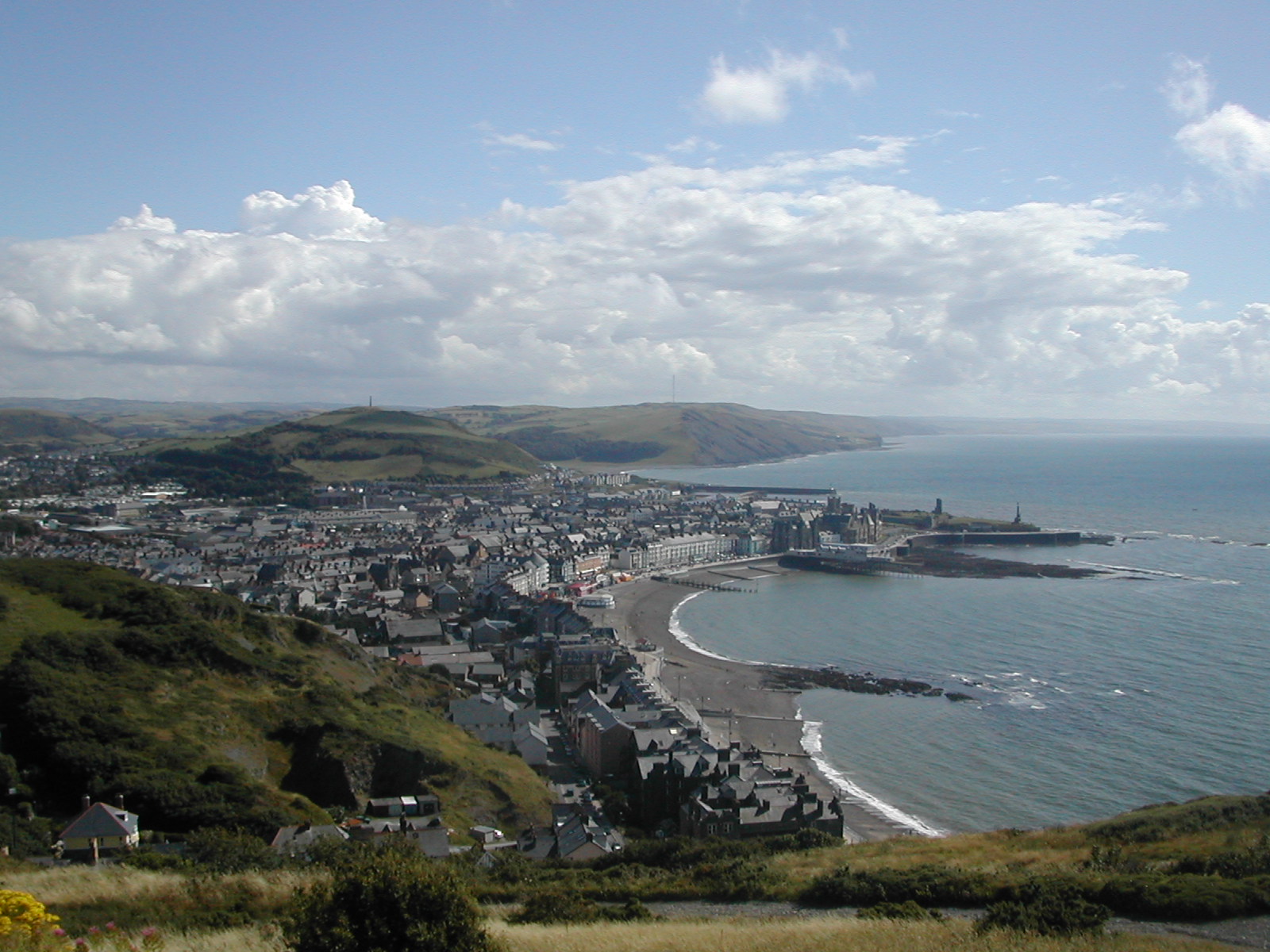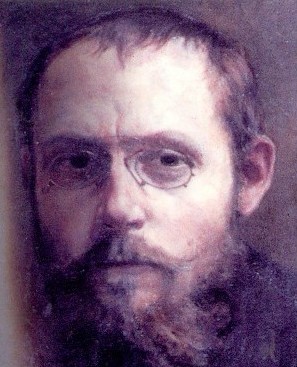Bruno Latour has often commented on the importance of
Charles Péguy for his thought; however, Péguy is largely unknown in English and, until recently, little had been written on the connection. Henning Schmidgen's
The materiality of things? Bruno Latour, Charles Péguy and the history of science did a good job of outlining the importance of Péguy for Latour from his doctoral thesis onwards.
However, now there is finally a substantial essay by Latour on Péguy, thanks to a translation by
Tim Howles:
Charles Péguy: Time, Space, and le Monde Moderne―published in French as
Nous sommes des vaincus. (If anyone wants a copy of the former and doesn't have access to
New Literary History, just drop me an email.)
I won't attempt to summarise the essay as Tim has himself written a very fine translator's introduction (included as a foreword to Latour's text) and has also added some helpful endnotes clarifying various points that may be unclear to an anglophone reader.
I'll just pick up on a few things that are particularly interesting to me. One thing that Latour takes from Péguy is reminiscent, in a slightly surprising way, to what he takes from Carl Schmitt: he gives an account of the ontological groundlessness of the moderns and articulates the need for re-grounding, re-placing, re-territorialising. The problem with the modern world, Latour writes, is that "it provides
neither a time nor a space in which it might deploy that which it claims to be instituting." The moderns' account of causation and of the inexorable arrow of progress render them incapable of understanding their own place in time, first of all.
The drama, the crime, or the destiny of the moderns is to have standardized the action of historical time in every domain of life: there was to be a chain of cause-and-effect in the physical world (such would seem to be a valid inference) and a logic of secondary causation in the domains of history and sociology (that inference would seem to be no longer sustainable), all of which was to be singularly accounted for by the structure of the capitalist economy (that one is the big lie).
And it gets no better when shifting ontological registers.
To be without time—temporality, historicity—was one thing. But to find oneself without a place, without spatiality, was something else, albeit equally serious. And yet, if there was an intractable hiatus of the present, there was just as much an intractable hiatus in belonging to a space. If a lack of time results in a sense of suffocation, a lack of space ends up asphyxiating. Capitalism is a morbid religion of space just as much as it is a morbid religion of time. For just as it defines the future by means of the past, short-circuiting the irreducible hiatus of the present, in the same way it defines that which is universal—or, we might say, global—by short-circuiting the very earth on which we stand. The earth becomes nothing more than the backdrop for the agency of money. There are no more places, since there is no longer a place characterized by the hiatus.

There's a strong resonance with Sloterdijk here, too, for whom the legacy of globalisation was to have made, as he puts it in his book
Globes, every point on the planet merely an address for capital. An odd triumvirate—Péguy, Schmitt, Sloterdijk—but an effective one for thinking a kind of geopolitical coexistentialism with particular attention to the, we might say, morbid temporal and spatial abstractions of capitalism.
Latour notes the care that must be taken to avoid the soil-obsessed nationalism with which Péguy certainly flirted. However, compared to the political legacy of Schmitt, this is certainly a less risky option.
Péguy helps himself to concepts that seem closed (such as race, earth, nation, people) in order to lever wide open that which the moderns claimed to have settled for good (before they proceeded to plunge into nearly a century of nationalistic and patriotic madness).
The poetic style that so entranced Latour in his doctoral writings on religion is key to how he appropriates Péguy's territorialisations.
Péguy realizes that by means of his poetic style alone, by means of long enumerations of place-names, he can communicate the hiatus of existence for the space-dimension of this world, for those who are earth-bound, for the terrestrials [l’espace terrestre, terriens et terreux], just as previously by means of repetition alone he was able to communicate the hiatus of the present for the time-dimension of this world. He audaciously sets out to capture all this by means of poetry. But it’s precisely because he is a philosopher that he can dare to grasp the potential of poetry to bring about that wonderful feeling of rootedness—all by contrast with the system of thought of his time, which was continually blown off course by the utopia of a global marketplace, only to find itself bogged down for four long years in the quagmire of the trenches, and then for nearly a century afterwards plunged into a world at war.
The essay concludes with a veritable call to arms.
For us, it’s not the territory of Alsace-Lorraine that is at stake. For us, it’s the whole Earth. Who is ready to take it back?
It might be worth quoting the French version of this alongside the English.
Nous, ce n’est pas l’Alsace-Lorraine que nous avons perdue, c’est la Terre. Qui se prépare à la reconquérir?
This is a striking geopolitico-philosophical gambit—a provocation put down that, I think, has yet to be really picked up. In
Back down to Earth, I argued that territory was at the heart of Latour's conception of geopolitics. Here I think that is demonstrated even more forcefully. However, it is a complex proposition, only very partially excerpted above, that involves far more than any blunt appeal to autochthony. Certainly, one needs to be careful, as Latour is in this essay (but elsewhere not so much), to extract the territorial sentiments from a historical period in which these were by no means straightforwardly progressive ideas. (Beware the toxic sentiments that come with unearthed sediments!)
It'd be interesting to read Péguy alongside Schmitt (and Sloterdijk/Heidegger) in more detail. Certainly, the former is a more politically interesting figure, and one far less explored.


